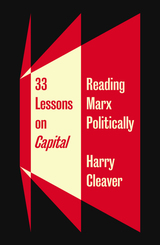
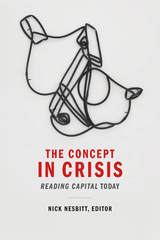
Contributors. Emily Apter, Alain Badiou, Étienne Balibar, Bruno Bosteels, Adrian Johnston, Warren Montag, Fernanda Navarro, Nick Nesbitt, Knox Peden, Nina Power, Robert J. C. Young


Students are urged to think for themselves and engage with Marx's powerful methods of argument and explanation. Shapiro shows that Capital is key to understanding critical theory and cultural production.
This highly focused book will prove invaluable to students of politics, cultural studies, and literary theory.
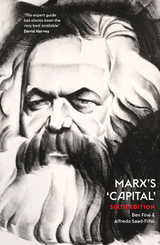
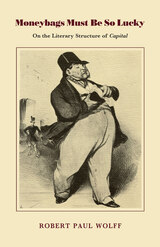

The Scientific Marx was first published in 1986. Minnesota Archive Editions uses digital technology to make long-unavailable books once again accessible, and are published unaltered from the original University of Minnesota Press editions.
Marx advanced Capital to the public as a scientific explanation of the capitalist economy, intending it to be evaluated by ordinary standards of scientific adequacy. Today, however, most commentators emphasize Marx's humanism or his theory of historical materialism over his scientific claims. The Scientific Marx thus represents a break with many current views of Marx's analysis of capitalism in that it takes seriously his claim that Capital is a rigorous scientific investigation of the capitalist mode of production. Daniel Little discusses the main features of Marx's account, applying the tools of contemporary philosophy of science.
He analyzes Marx's views on theory and explanation in the social sciences, the logic of Marx's empirical practices, the relation between Capital and historical materialism, the centrality of micro-foundations in Marx's analysis, and the minimal role that dialectics plays in his scientific method. Throughout, Little relies on "evidence taken from Marx's actual practice as a social scientist rather than from his explicit methodological writings." The book contributes to current controversies in the literature of "analytic Marxism" joined by such authors as Jon Elster, G.A. Cohen, and John Roemer.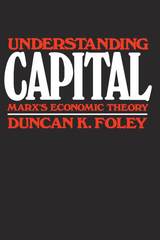
Understanding Capital is a brilliantly lucid introduction to Marxist economic theory. Duncan Foley builds an understanding of the theory systematically, from first principles through the definition of central concepts to the development of important applications. All of the topics in the three volumes of Capital are included, providing the reader with a complete view of Marxist economics.
Foley begins with a helpful discussion of philosophical problems readers often encounter in tackling Marx, including questions of epistemology, explanation, prediction, determinism, and dialectics. In an original extension of theory, he develops the often neglected concept of the circuit of capital to analyze Marx’s theory of the reproduction of capital. He also takes up central problems in the capitalist economy: equalization of the rates of profit (the “transformation problem”); productive and unproductive labor and the division of surplus value; and the falling rate of profit. He concludes with a discussion of the theory of capitalist crisis and of the relation of Marx’s critique of capitalism to his conception of socialism.
Through a careful treatment of the theory of money in relation to the labor theory of value, Foley clarifies the relation of prices to value and of Marx’s categories of analysis to conventional business and national income accounts, enabling readers to use Marx’s theory as a tool for the analysis of practical problems. The text is closely keyed throughout to the relevant chapters in Capital and includes suggestions for further reading on the topics discussed.
READERS
Browse our collection.
PUBLISHERS
See BiblioVault's publisher services.
STUDENT SERVICES
Files for college accessibility offices.
UChicago Accessibility Resources
home | accessibility | search | about | contact us
BiblioVault ® 2001 - 2024
The University of Chicago Press









